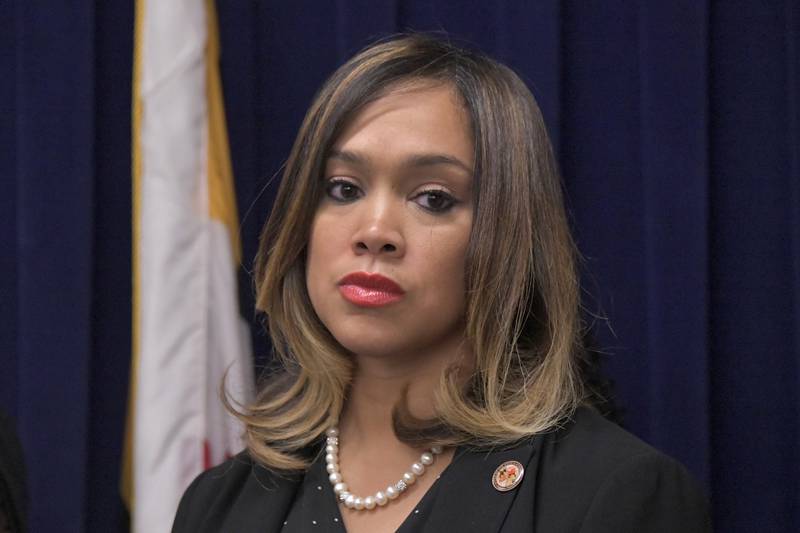Dan Rodricks: Marilyn Mosby claim as an effective prosecutor a hard case to make as Baltimore violence continues
In March 2020 and again in December 2021, Baltimore State’s Attorney Marilyn Mosby presented data to counter Maryland Gov. Larry Hogan’s red meat, made-for-Fox assertions that Baltimore’s incessant violent crime problems lay at her door. Mosby claimed a high conviction rate, about 90%, and she offered a chart showing the conviction rate for violent crimes had been steady at 89% or higher for at least a decade. Of course, while the conviction rate might have been consistent over that time, the amount of shooting and killing was anything but.

